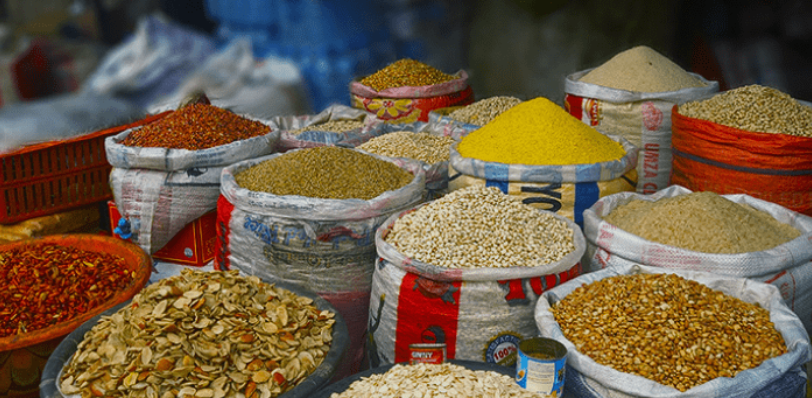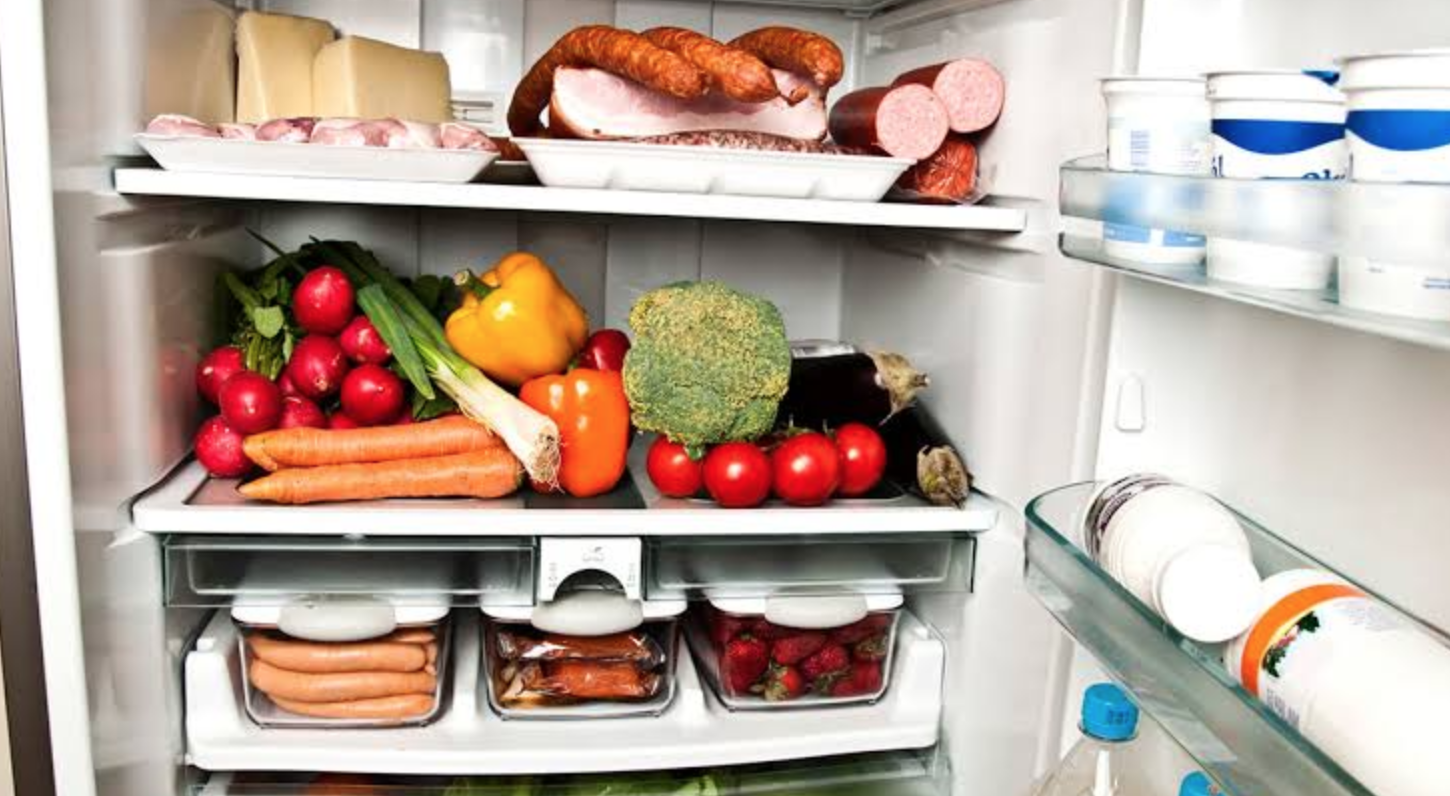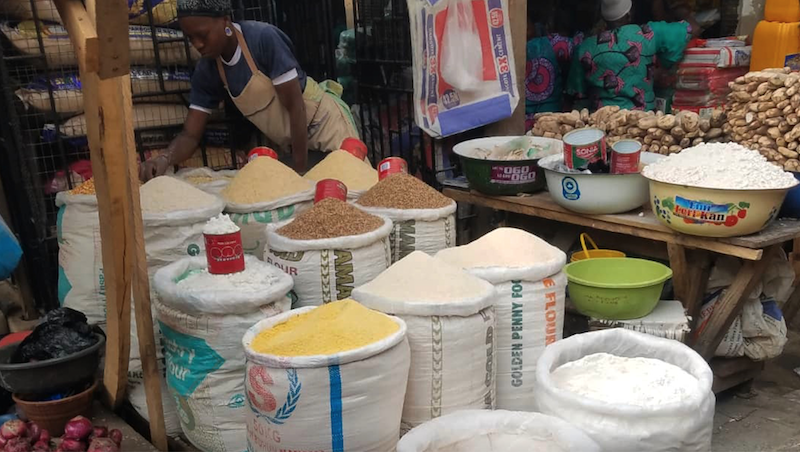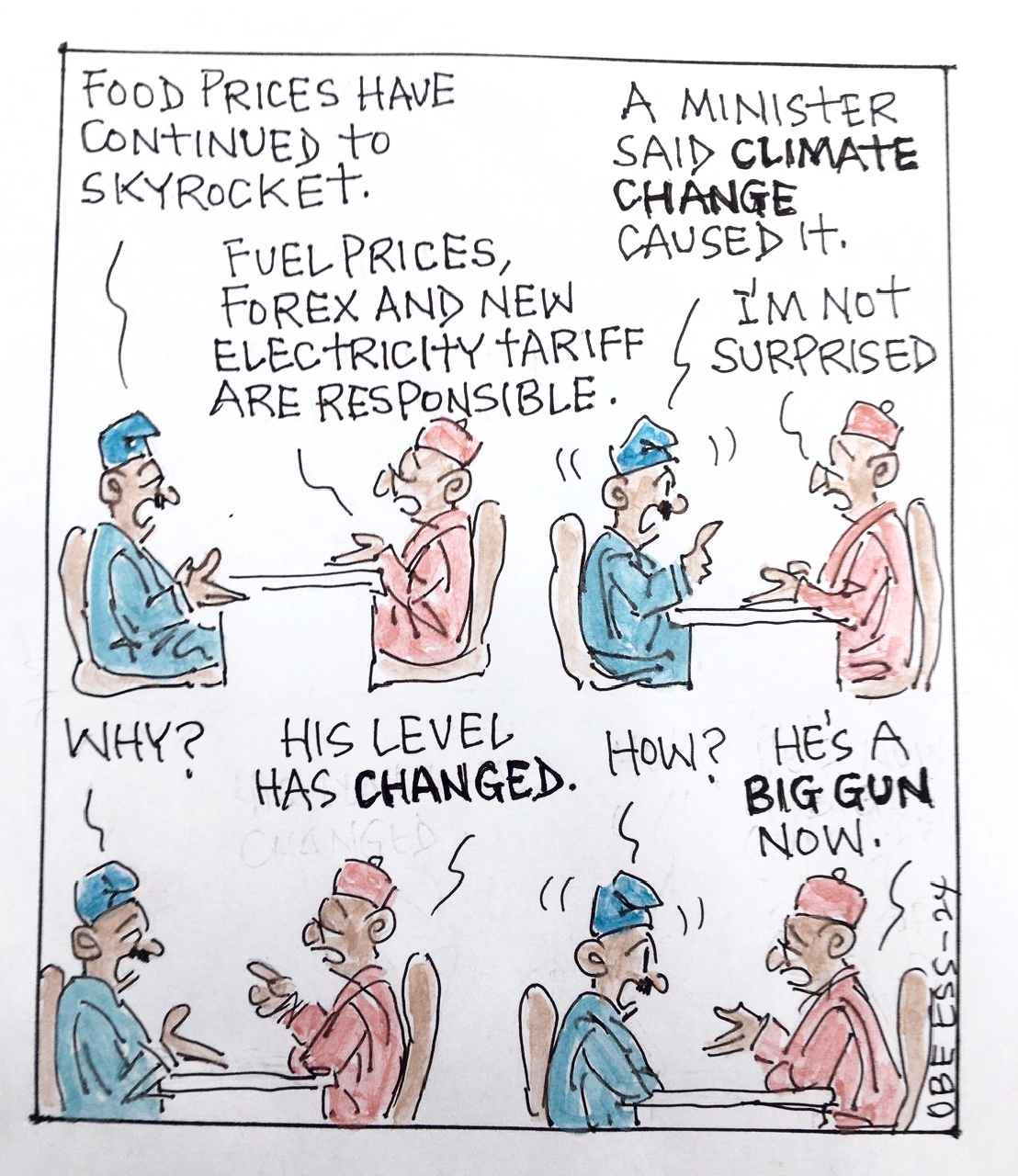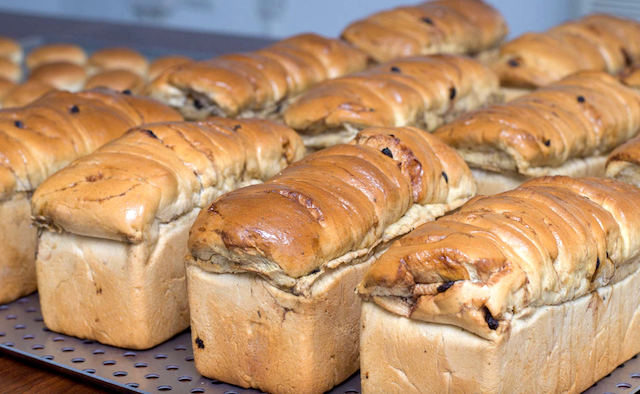The Federal Competition and Consumer Protection Commission (FCCPC) has frowned at the increasing sale of adulterated and contaminated foods in the markets.
The Acting Executive Vice Chairman of the Commission, Dr Adamu Abdullahi, said in Abuja on Thursday, that some traders were engaging in various forms of adulteration without minding the health implications on consumers.
Abdullahi said this at a one-day sensitisation for traders, farmers, Civil Society Organisations (CSOs) and the public on forceful ripening of fruits, adulterated palm oil, contaminated meat and grains.
Abdullahi said the move was to ensure a healthier society in line with President Bola Tinubu’s Renewed Hope Agenda.
He said the Acts that established the Commission gave them powers to evacuate fake and adulterated products from the markets to avoid purchase by consumers.
According to him, we have to renew the hope of our people to be alive and healthy first.
“We have allowed the love of money to supercede everything that we do.
“We will go the markets to sensitise the traders, educate the public and sellers that adulterated and fake products are not allowed in the markets and if they see any, they have somewhere to report.
“We are going to markets in the states, the grassroots, farms to find out the sharp practices going on and to ensure we get a healthier society in line with President Tinubu’s Renewed Hope Agenda.
“We have to ensure that the goods in the markets are according to the standard that they should be,” he said.
Mr Femi Stephen from the Federal Ministry of Health and Social Welfare, described adulteration as the addition of substandard substances that had same properties with the food stuff which they are mixed.
On adulteration of palm oil, Stephen said they are being adulterated with dye, lard (animal fat from pork) and transformer oil (paraffin).
Stephen said that adulteration had been linked to various health challenges.
He listed some health issues linked to adulteration to abdominal pain, nausea, brain damage, stomach disorder, cardiac arrest, liver disease and breathing difficulties.
Stephen urged farmers to seek experts’ guidance in the application of pesticides to avoid poisoning.
Dr Promise Ogbonna from the National Agency for Food, Drug Administration and Control (NAFDAC) said that forceful ripening of fruits was detrimental to health.
Ogbonna said that calcium carbide used for forceful ripening of fruits were arsenic and phosphorus which had been said to be carcinogenic.
Dr Edozie Ugwu, the Vice-President, North Central, National Association of Nigerian Traders (NANTS), commended the FCCPC for the sensitisation.
Ugwu said that many Nigerians had lost their vital body organs to the adulteration of food.
He said the market associations would collaborate with the Commission and other government agencies to ensure that the law penalised any trader found wanting in the practice.
“What we intend doing is to take this back and sensitise our traders on the importance of avoiding these adulterated foods.
“We plead that this be extended to various markets,” he said.
Various market associations including market women associations and members of Food and Hygiene Association of Nigeria were present at the event.
